-
eSpace
A center of excellence in space technologies, research, education and innovation at EPFL
featured
Space Sustainability Course
Second Edition
March 24 - 27, 2025
Space stakeholders (engineers, scientists, non technical managers, policy practitioners, etc.) active in space agencies, aerospace industries or related fields and concerned about preserving the sustainability and safety of the space environment in the long-term.
latest news
ESDI event brings together quantum and space at EPFL
main activities
Sustainable Space Logistics
You can see what you think: Sustainable space logistics will be the backbone of multiple large-scale applications. This initiative operates projects on this largely unexplored topic.
Space Sustainability Rating
eSpace has been selected as the organization taking over and putting in place the Space Sustainability Rating (SSR), a system that will evaluate the grade of sustainability of a space mission.
Hands-on student projects
What makes studying at EPFL so motivating is that students can really apply their knowledge on actual projects!
EPFL Minor in Space Technologies
If you are an EPFL student looking to expand your knowledge on space technologies and applications, this is how you get on board.
upcoming events
ESA’s Concurrent Design Facility, an essential tool for studying future space missions
by Justin Bourgois
Apr. 16, 17h00-18h00
key areas
EDUCATION
eSpace is inspiring the next generation of researchers with student space technology courses and hands-on projects.
RESEARCH
Taking an interdisciplinary approach, eSpace hosts a team of talented scientists and engineers with a broad range of expertise, focusing on the most important issues for space technology today.
INNOVATION
EPFL fosters the creation and growth of high profile and innovative space technology initiatives with industry, international space agencies, and academic institutions.
testimonials
-
"The EPFL Minor in Space offers its participants a comprehensive programme in space science and engineering. The taught skills are essential for a successful career in the space sector."
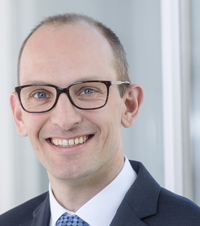
-
"The EPFL Space Center (eSpace) is the cradle of space activities within EPFL – From a passion for space to success stories like SwissCube, Astrocast, ClearSpace, and more to come!"
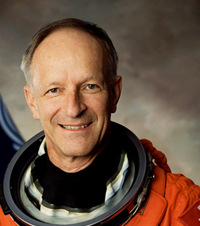
Claude Nicollier
Astronaut -
"My student project on SwissCube was the starting point of my career in space, and now at Astrocast eSpace is well represented among the engineers."
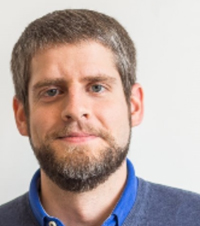
-
"As an EPFL student, I had the chance to work on SwissCube, the first Swiss satellite, which is still in operation. Obviously, everything never went as planned and it allowed me to put what I was learning into practice, solving real problems that are usually not detailed in books. This experience allows me to tackle, with a good state of mind, some technical difficulties related to my daily work in the startup Astrocast, which I co-founded."
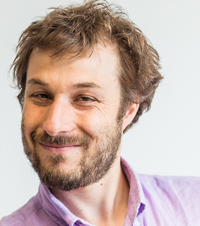
-
"The EPFL Space Center allowed me discover outer space. Their passion led me to learn how to deal with and work in this tough but interesting environment. Today I love my job more than ever whilst tackling ever changing challenges at Astrocast."
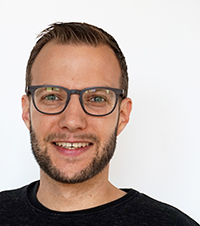
-
"My time at eSpace was a unique experience and a great moment of teamwork as we went through a most interesting transition period. Meeting people, challenges and, above all, inspiring conversations!"
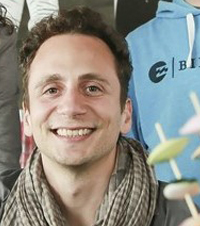
-
"eSpace is the heart of the EPFL Space Family! They are passionate and are willing to support anyone with interest and motivation towards the space field. Thanks to them, I have been able to launch Space@yourService and the Asclepios mission."
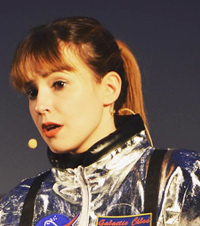
-
"The EPFL Space Center is at the heart of the education of EPFL students. This motivated and competent team offers great help and advice in supporting student projects such as the Rocket Team. They allow students to work on actual technical projects, essential for their education."

-
“The EPFL space center gave me the opportunity to set foot in the space industry and has given me all the support that I needed to thrive in this completely new environment. This has allowed me to learn in all kind of areas from systems engineering to project management. Overall my time with eSpace has been the most instructive experience of my studies.“
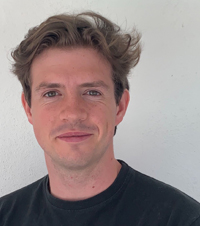
-
“Without the constant support of the EPFL Space Center and the sharing of their expertise, the student-led space mission CHESS would have never started. This project reflects their dynamic and entrepreneurial spirit. I cannot be grateful enough for what they taught me, and I look forward to continuing to learn with them in the near future.”
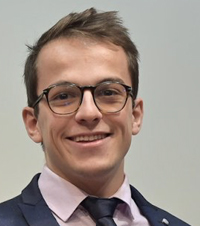
-
"Learning from eSpace was a unique opportunity. In addition to all the technical skills acquired throughout this minor, I have learned the engineering approach used in the space industry to build complex systems. Such methods can then be applied to other fields of engineering and this is priceless."
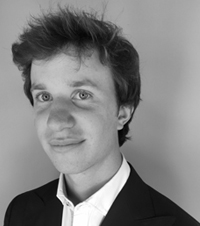
-
"eSpace is made up of passionate professionals and a close-knit team. Our interactions and their support have enabled the Rocket Team to surpass itself and obtain the technical excellence award for our rocket in 2018 at the Spaceport America Cup, the world's largest intercollegiate rocket engineering competition. Since then, they inspire us and help us grow."

Jules Triomphe
EPFL Student
eSpace Seminars
Integrating Life cycle engineering of Space Systems into the Concurrent Design Process
Solar Flare X-ray Observations with a Cubesat, by Säm Krucker
SWIR/NIR SPAD Image Sensors for LIDAR and Quantum Imaging Applications, by Prof. Charbon
eSpace Seminar - Sustainable Space Hub: technologies & services for long-term usability of space
eSpace Seminar - Lunar Hub: a venture to explore the extreme and the uncharted, by David Rodríguez
eSpace Seminar - Solar System Objects (SSOs) Pipeline for the Euclid Mission, by Aurelien Verdier
eSpace Seminar - VIRUP: The Virtual Reality Universe Project, by Yves Revaz & Florian Cabot
eSpace Webinar – ExoMars: a planetary mission to explore Mars, by Francesco Garrone
eSpace Seminar – SaCLaB: interdisciplinary approach to solving challenges of future space missions
eSpace Webinar – Space Robots: The Frontiers of Exploration
eSpace Webinar – The SKA Observatory and the Universe at radio-wavelength
eSpace Webinar – Space Propulsion Systems (SPS) Series Part 4: Micropropulsion
eSpace Webinar – Space Propulsion Systems (SPS) Series Part 3: Electrical Propulsion
eSpace Webinar – From Space Environment Management to Life Cycle Assessment of Space Systems
eSpace Webinar – Space Propulsion Systems (SPS) Series Part 2: Chemical Propulsion
eSpace Webinar – Space Propulsion Systems (SPS) Series Part 1: Principle of the Rocket Propulsion
eSpace Webinar - Introduction to the Biotechnology Space Support Center (BIOTESC) and Cimon Project
eSpace Webinar – Single band Nano-satellite Remote sensing: BGUSAT’s challenges and opportunities
eSpace Webinar – Evolution of crew safety criteria for future Space transportation systems
eSpace Webinar - Space Safety is Foundation for Reliable Space Traffic Management
eSpace Webinar - Radio frequencies in outer space : framework for an international cooperation
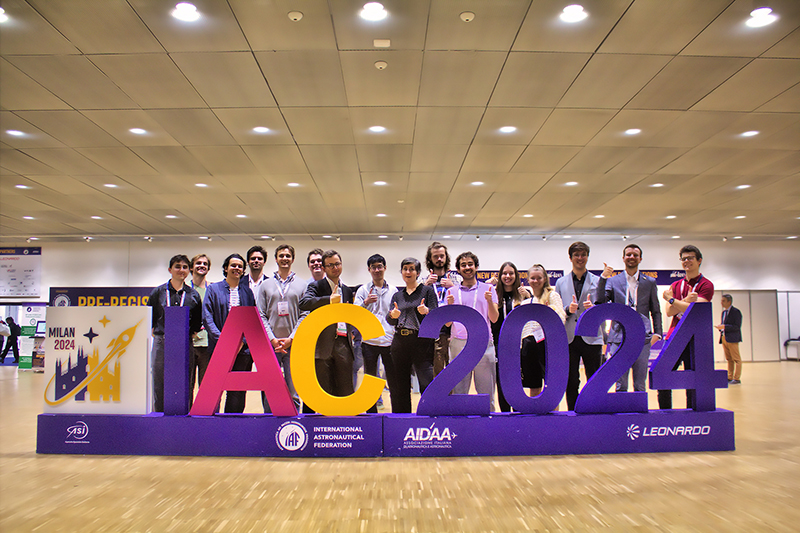
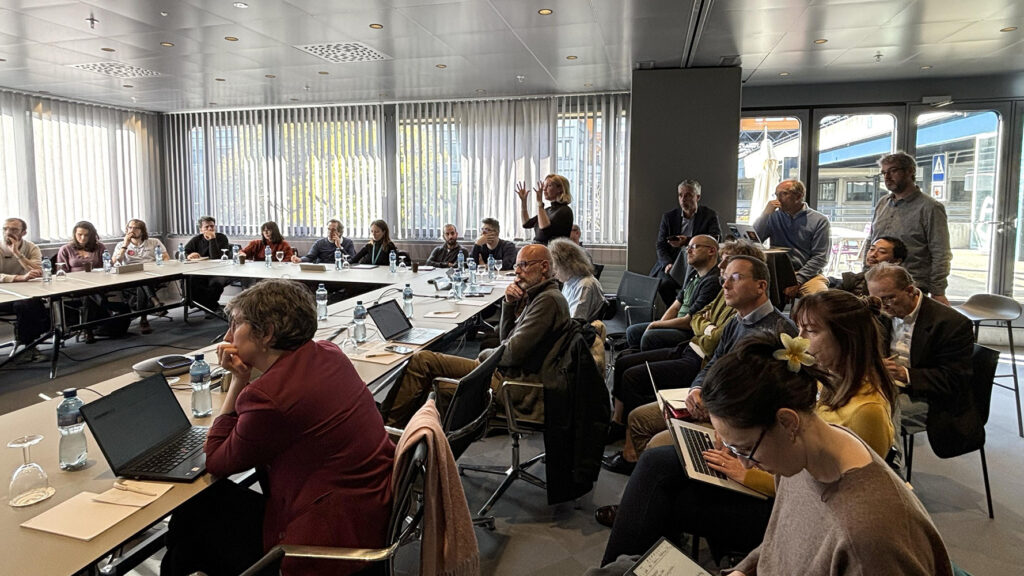












![by Stephan Hellmich & Mathieu Udriot
eSpace - EPFL Space Center is a pioneer in space sustainability. With the Clean Space Initiative, initially proposed to deorbit Swisscube which eventually spin-off from EPFL as the ClearSpace-1 mission to recover the Vega Secondary Payload Adapter (VESPA), the Center can draw on a decade of experience in space sustainability. More recently, in 2019 eSpace initiated a two-year pilot phase of a research initiative on sustainable space logistics (RISSL). This initiative was the starting point of several consortium projects that attracted many stakeholders, resulting in several publications and the development of a space logistics modelling software for mission profile evaluation and optimization [1]. The success of this pilot phase encouraged the Center to continue exploring this new domain. Current research includes life cycle assessment of space transportation vehicles, accounting for space debris risks and the reentry phase, optimisation of space logistics, and mission design. These projects will help understanding and improving the situation in space. It is especially important to assess future impacts of new missions early in the design phase, in order to support space agencies and industry in designing new concepts with lower environmental impacts.
Thanks to these 10+ years of experience, in 2021 EPFL was selected to host the Space Sustainability Rating (SSR), which incentivizes space operators to adopt more responsible mission design and operational behaviour. Its competence and neutrality, two important prerequisites for a successful, fair and widely accepted evaluation system, make eSpace the ideal host institution for the rating. The definition of sustainability in space is constantly evolving. eSpace is therefore continuously improving the formulation of the SSR to address emerging environmental, societal, and economic factors in the assessment.
These efforts are complemented by the EPFL laboratory of astrophysics (LASTRO), which is currently working on detection and characterization of resident objects in Earth’s orbit in large astronomical data archives [2]. The information extracted from these archives will allow a better evaluation of the evolution and current state of the small debris population, and support active debris removal that will be necessary to secure the future use of Earth's orbit.
In order to unite EPFL’s forces in the domain of sustainability in space, eSpace has recently launched the Sustainable Space Hub (SSH). The goal of the Hub is to coherently manage and foster the growth of these topics. 5 institutes within EPFL are currently involved in research and development projects in the field of space sustainability. The hub is connecting these individual projects in a workflow that rests on three intertwined pillars: measure, understand, and act for space sustainability.
The projects associated with each pillar are essential to find solutions to the problems arising from the rapidly increasing space activities, the risk from space debris, and the generated atmospheric impacts. The Hub will help identify and promote new technologies in space sustainability with new services in orbit and on the ground.](https://i.ytimg.com/vi/RKotCC6zWNs/sddefault.jpg)


















eSpace Seminar - Space-Based Solar Power, the Moon and Switzerland – A Case Study, by Arthur Woods